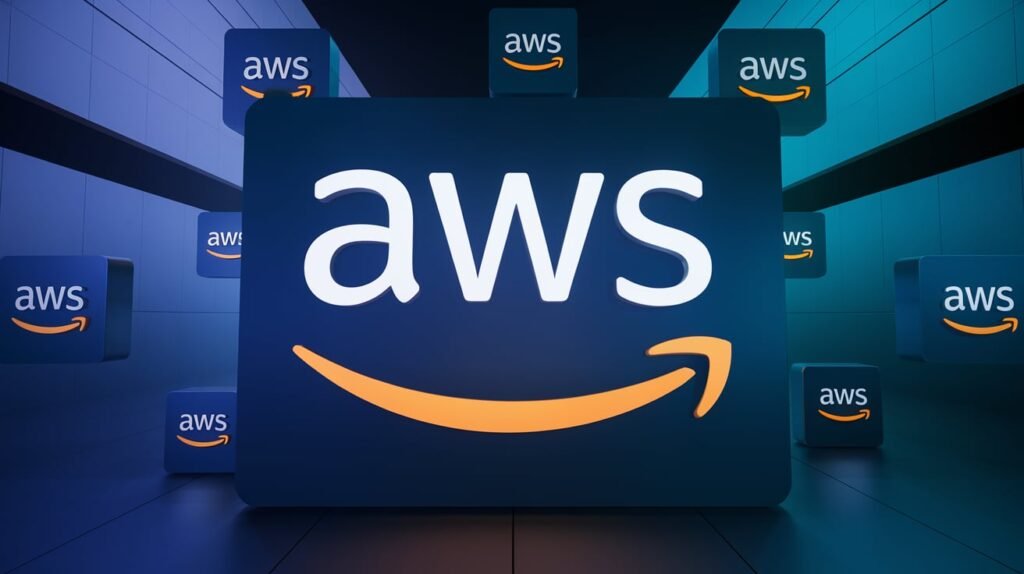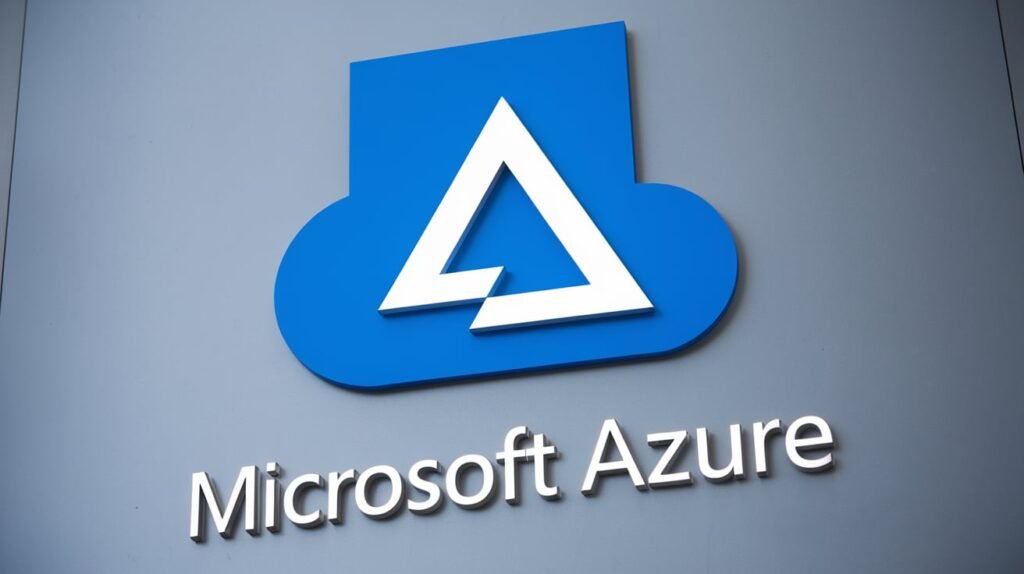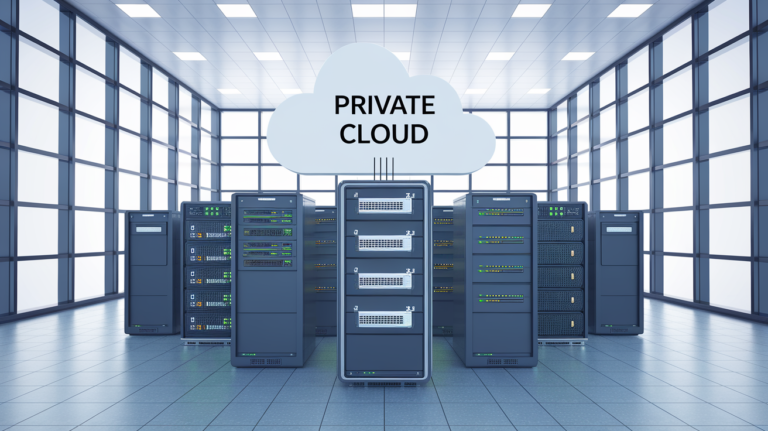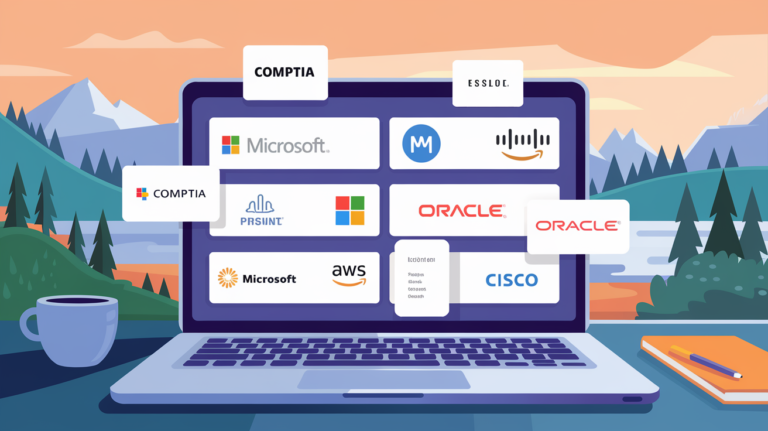Please read, share and follow us
Cloud computing has revolutionized the way businesses and individuals operate. Behind this transformation are various cloud service providers that offer powerful infrastructure, platforms, and software. In this third chapter of the Introduction to Cloud series, we’ll take a closer look at the major cloud providers, including Amazon Google Cloud Platform (GCP), Microsoft Azure, and Amazon Web Services as well as other players in the cloud market.

Each of these providers offers unique services and strengths, but they all share the goal of making cloud computing more accessible, flexible, and scalable. Lets look into Amazon Web Services first.
1 Amazon Web Services (AWS)
What is AWS? Amazon Web Services (AWS) is the largest and most widely used cloud service provider. AWS was one of the first companies to provide cloud services and has grown into a comprehensive platform offering a wide range of solutions for computing, storage, networking, artificial intelligence (AI), machine learning (ML), and more.

Some Key Services Offered by AWS:
EC2 (Elastic Compute Cloud): EC2 provides scalable computing capacity in the cloud, allowing users to run virtual machines (VMs) to host applications, websites, or databases. And you can adjust your compute power based on the demands of your applications. For example, a company running a web application might use EC2 instances to handle incoming traffic without needing to buy physical servers.
S3 (Simple Storage Service): S3 is an object storage service that allows users to store and retrieve any amount of data from anywhere on the web. It’s designed with a durability of approximately 99.999999999%, making it ideal for storing backups, files, and data archives. For this reason, businesses use S3 to store massive amounts of unstructured data, such as customer data, logs, or media files.
RDS (Relational Database Service): RDS provides managed relational databases in the cloud, including MySQL, PostgreSQL, and Oracle databases. It takes care of routine tasks like backups, patching, and scaling, allowing users to focus on their applications. So many businesses today, including e-commerce site might use RDS to store and manage customer transactions and product inventories.
Lambda: AWS Lambda is a serverless compute service that runs code in response to events, such as changes in user activity and data, without provisioning or managing servers. When you shop online, on Amazon for example (which is a retail app), your order/purchase could be configured to trigger a lambda function automatically when each time you place one.
Why Businesses Choose AWS?
AWS has the largest number of data centers around the world (Global Reach), which ensures high availability and performance for global businesses. Also, AWS offers over 200 services (Broad Service Portfolio), making it suitable for everything from simple websites to complex machine learning models.
2 Microsoft Azure
What is Azure? Microsoft Azure is a cloud platform that offers solutions for building, deploying, and managing applications and services. It’s tightly integrated with Microsoft products such as Windows Server, Active Directory, and Office 365, making it an ideal choice for businesses already using Microsoft’s software.
Some Key Services Offered by Azure:
Virtual Machines (VMs): This is the equivalent of AWS EC2. Azure VMs allow users to deploy virtual servers to run applications and host websites, with the flexibility to scale resources up or down as needed. Many businesses including financial institution use Azure VMs to run complex financial models and handle data processing.
Azure Blob Storage: Blob storage is designed for storing large amounts of unstructured data like text, images, and videos. It can be used for backups, disaster recovery, and data archiving. This is mostly used by media company to store high-resolution video files for fast, on-demand access.
Azure App Service: Azure App Service allows developers to build and host web applications and APIs in the cloud. Python, .NET, java, Node.js are some of the variety of programming languages supported by this service. Most startup use Azure App Service to quickly deploy a web app without worrying about managing servers.
Azure AI and Machine Learning: Since everything now could be done using AI, Azure AI offers services for building AI models and running machine learning experiments. These tools help organizations extract insights from their data using powerful algorithms. A healthcare organization for example, might use, perhaps are already using Azure AI to analyze patient records and predict health trends.
Why Would A Business Choose Azure?
There are many reasons, but the obvious to me would be the easy Integration with Microsoft Ecosystem: Most organization already use Microsoft products like Office 365, Windows Server, or Active Directory, Azure provides seamless integration for this applications. Another reason would be Hybrid Cloud Capabilities: Azure excels in hybrid cloud environments, allowing businesses to connect their on-premises infrastructure with the cloud.
3 Google Cloud Platform (GCP)
What is GCP? If there is a thing Google Cloud Platform (GCP) is known for, it is definitely its strength in machine learning, data analytics and open-source tools. GCP uses Google’s extensive expertise in handling large-scale of data and offers services that are particularly strong in the areas of AI, big data, and cloud-native application development.

Some key Services Offered by GCP:
Compute Engine: Compute Engine is GCP’s version of Azure’s virtual machines and AWS’s EC2, that allows businesses to run VMs on Google’s infrastructure with highly customizable capabilities to meet business needs and diverse workloads. Big organizations or research institutes National Center for Scientific Research might use Compute Engine to run large-scale simulations.
Google Kubernetes Engine (GKE): Another great service GCP offers is GKE. It is a managed service for deploying, managing, and scaling containerized applications using Kubernetes, which a powerful open-source container orchestration platform. Companies, including gaming company are using GKE to manage multiplayer game servers and scale them based on user demand. The use of this application is not limited to the gaming industry as can be use in many industries including financial and retail to scale demand.
BigQuery: This fully-managed, serverless data warehouse allows users to run fast SQL queries on large datasets, and it is ideal for real-time analytics and business intelligence. Retail companies might use are using BigQuery to analyze customer purchase patterns in order to optimize product recommendations.
Cloud AI and Machine Learning: AI is everywhere nowadays, and GCP offers advanced AI and machine learning tools. TensorFlow, one of the popular open-source library for machine learning models makes it easier to build, train, and deploy models. These AI tools are mostly exploited and put to use by marketing companies. For example, GCP’s AI tools could be used to build a recommendation engine for personalized product suggestions. Netflix uses an AI tool to recommend movies to its customers after they have watched a particular movie.
Why Would A Company Choose GCP?
Data Analytics and AI Strengths: After reading through the various cloud providers, I expect you to understand that, needs drives the choices made by companies or businesses. That is why GCP is or would be a top choice for organizations that need powerful tools for data analysis and machine learning. GCP is also very Open Source and DevOps focused, it has deep roots in the open-source community that offers strong tools for developers working in cloud-native and DevOps environments. But these three are not the only cloud providers out there.
4 Other Cloud Providers
IBM Cloud
This provider focuses on hybrid cloud solutions and offers a range of AI and machine learning tools. It is more focused on enterprise and business applications in industries like finance, healthcare, and government.
Oracle Cloud
An enterprise-focused cloud provider that excels in database services. Oracle’s strength lies in its integration with its popular database software like Oracle RAC and Data Guard, making it a good choice for organizations that rely heavily on Oracle databases. There’s one more cloud provider coming from Asia we need to talk about due its rapid growth in western markets.
Alibaba Cloud
Just like Azure, GCP and AWS, Alibaba Cloud is a major player in Asia and is growing rapidly in other markets. It offers a range of services similar to those mentioned above, but is particularly strong in e-commerce and retail cloud solutions.
With all these cloud provides out there, selecting the right could be overwhelming even though it depends on your specific needs and goals. For that reason, I have made this simple guide to help you:
1 – For General Use: AWS is a solid choice with the broadest range of services and global reach.
2 – For Microsoft Users: Azure offers excellent integration with Microsoft products and services.
3 – For Data and AI: GCP is ideal for organizations looking to leverage machine learning, big data, and advanced analytics.
In nutshell, after looking through the major cloud providers, it’s clear AWS leads in terms of global reach and services, and Azure stands out for its seamless integration with Microsoft tools, while GCP shines in the fields of data analytics and AI. Do not forget that other providers like IBM and Oracle are also key players in specific industries. If you can understand the strengths of each provider, you are good to go making your cloud choice as it best aligns your needs.
Thanks very much for following, please share so others may read. This is the third chapter in my series call Introduction To Cloud. If you missed the other chapters, please read them here: chapter 1 and chapter 2.



